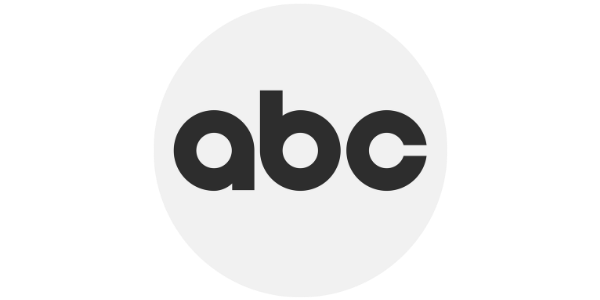
Los Angeles Trademark Lawyers
Protect Your Creative Rights: 463-287-6731
In today’s competitive business landscape, carving out your own unique niche is as important as ever. The trademark is a key part of doing that, but it brings several legal issues and potential challenges. Our Los Angeles trademark lawyer can help you understand the process, secure the right trademark for your business needs, and then vigorously protect your rights.
Call Katie Charleston Law, PC at (463) 287-6731 or contact us online today to schedule a consultation.
Understanding Trademarks
Trademarks, copyrights, and patents are distinct forms of intellectual property rights that serve different purposes and offer unique protections. Understanding the differences between these three types of intellectual property is crucial for businesses looking to safeguard their creations and assets effectively.
Copyrights protect original works of authorship, such as literary, artistic, and musical creations, granting creators exclusive rights to reproduce, distribute, and display their works. Patents protect inventions and innovations, granting inventors the exclusive right to make, use, and sell their inventions for a limited period. Both copyrights and patents deal with actual products, either intellectual or physical.
Trademarks, on the other hand, are a valuable marketing tool. They include symbols, names, words, or devices used by businesses to distinguish their goods or services from competitors in the marketplace. A strong trademark helps consumers identify and associate products with your specific brand, fostering recognition and loyalty.
By securing a trademark, businesses can protect their brand names, logos, and slogans from unauthorized use, preventing confusion among consumers and safeguarding their market presence.
How Long Does It Take To Obtain A Registered Trademark?
Obtaining a registered trademark involves several steps and can differ depending on various circumstances. On average, it takes about 8 to 12 months to complete the process, though this period may be extended if there are any complications or challenges.
- Initial Application and Examination (3-4 Months): After submitting your trademark application to the United States Patent and Trademark Office (USPTO), it generally takes approximately 3 to 4 months for an examining attorney to review it. During this period, the application is examined for statutory compliance and checked against existing trademarks to ensure there are no conflicts.
- Office Actions and Responses (1-6 Months): Should the examining attorney find issues with your application, they will issue an office action outlining the problems. You are required to respond within six months. The duration to resolve these issues can vary significantly, depending on the complexity of the objections and how quickly you respond.
- Publication for Opposition (1-3 Months): Once your application passes through the examination phase, it will be listed in the USPTO's Official Gazette for Trademarks. This marks the beginning of a 30-day window during which third parties can file oppositions against your trademark registration. If no objections are submitted, the application moves forward.
- Final Registration (1-2 Months): Following the opposition period, if no objections are raised or any oppositions are resolved in your favor, the USPTO will either issue a Notice of Allowance or proceed directly to registration, depending on the type of application.
Partnering with a qualified trademark lawyer in Los Angeles at Katie Charleston Law, PC can expedite this process, providing expert advice and addressing any legal challenges that arise. We are adept at navigating the USPTO's intricacies, significantly reducing the chances of delays or rejections.
For further inquiries or support with your trademark application, we invite you to contact our firm for a consultation.


-
Katie and Hannah are absolutely marvelous to chat with and really know their stuff. If someone is infringing on your trademark rights, this is who you want in your corner. Cheers!- Peter Q.
As Seen ON


Trademark Registration in the United States
The process for getting a trademark is straightforward. Businesses submit their application to the United States Patent and Trademark Office (USPTO) online through the Trademark Electronic Application System (TEAS).
The trademark must be distinctive, and you must own and actively use it in your commercial activities. You can provide a specimen showing the mark in use (for actual use applications) or on an intent-to-use basis (for intent-to-use applications).
This direct process can still be filled with nuance and potential pitfalls. Here are some common problems that businesses run into:
- Providing insufficient evidence of actual use for intent-to-use applications.
- Using generic or descriptive terms that are not eligible for trademark protection.
- Missing deadlines for responding to USPTO office actions.
Then there’s one of the biggest potential issues in trademark registration-failing to conduct a thorough search before applying, leading to potential conflicts with a competitor.
The Trademark Search
There are several tools available for trademark searches. This includes the United States Patent and Trademark Office (USPTO) database, where we can check for existing trademarks that may conflict with the proposed name or logo. The counsel of our experienced trademark attorney can provide further insights that may aid in a more thorough examination of potential conflicts.
The possibility of an application being rejected is just one consequence of not performing a thorough search. Using an ineligible trademark can leave your business vulnerable to infringement claims from other trademark owners, resulting in potential lawsuits, financial penalties, and the loss of exclusive rights to the mark.
Beyond the legal implications, an ineligible trademark can confuse consumers, dilute brand identity, and hinder marketing efforts, ultimately impacting your business's ability to establish a strong and unique presence in the marketplace.
Defending Against Trademark Infringement Claims
What if your business is on the other side of a trademark infringement allegation? There are several defense strategies that can be used on your behalf.
One common defense is to demonstrate that there is no likelihood of confusion between the trademarks in question, emphasizing differences in branding elements like logos, names, or target markets. By showcasing distinctiveness and lack of similarity, businesses can refute claims of infringement, and you can protect your brand identity from legal challenges.
In cases where infringement allegations may hold merit, businesses can explore settlement negotiations with the aggrieved party to reach mutually agreeable terms. Settlement agreements may involve licensing arrangements, usage restrictions, or modifications to branding to resolve the dispute amicably while preserving business relationships and mitigating the financial risks associated with legal proceedings.
Engaging in open communication and negotiation can often lead to practical solutions that balance the interests of both parties involved in the trademark dispute.
The specific strategy and tactics will, of course, depend on the precise circumstances of your case. We’re here to provide you with a strong presence in negotiation and, if necessary, in litigation.
Call Our Los Angeles Trademark Lawyer Today
Attorney Katie Charleston has over 17 years of experience helping clients get and protect their trademarks. She understands the process and how to help steer you through it. Reach out to our office to tell us about your business, your situation, and your intellectual property needs.
Call today (463) 287-6731.


Why Choose Katie Charleston Law, PC?
Helping Businesses Like Yours
-
We Research Thoroughly
Detail-oriented, we leave no stone unturned in our pursuit of favorable outcomes for our clients--and often find information you didn't know you needed.
-
Simplifying the Process
We explain legal concepts in plain language, guide our clients through each step of the process, and handle the details so you can focus on what matters most to you.
-
Comprehensive Approach
With holistic service from beginning to end, we stick with our clients through the lifetime of your assets, including litigation if necessary.
-
Responsive & Reachable
We prioritize timely communcation; our team is responsive and accessible, and you'll never be left wondering where your case stands.
